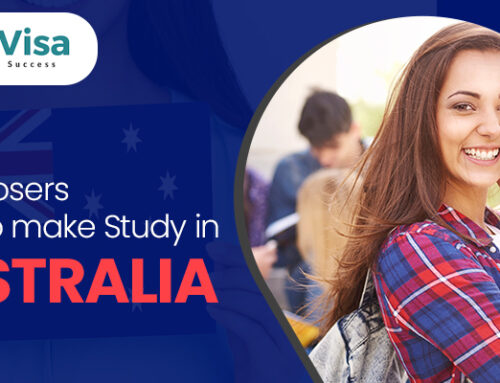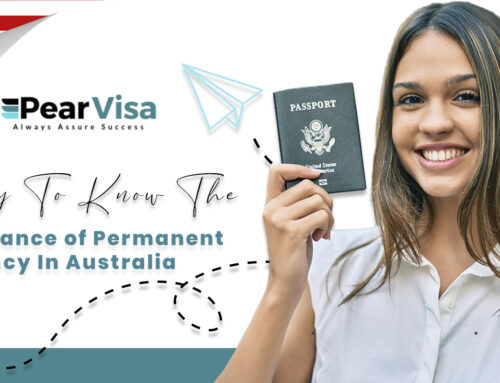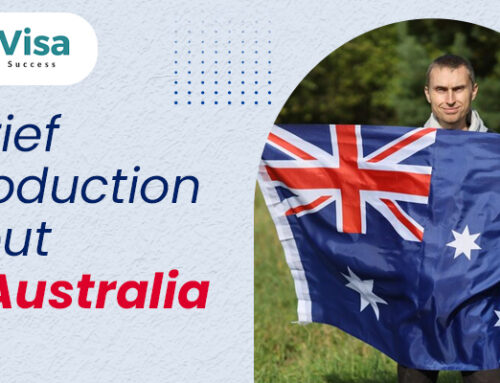Students from outside of Australia often want to make Australia their home when they finish their education. The majority of overseas students are authorised to study in Australia, however, the procedure for issuing visas for General Skilled Migration (GSM) is much more rigorous.
Your result in the Points Test determines whether you are granted GSM authorisation. As long as you have studied in Australia, this fact has no bearing on whether you’ll be granted GSM permission, but there are a few other ways that you may enhance your score and raise your chances of receiving GSM permission.
Minimum requirements for international students applying for GSM
- You must have completed the Australian Study Requirement to apply. This implies you must complete at least two years of study in Australia to get an Australian qualification (excluding online or distance studies).
- You must be between the ages of 18 and 49.
- You must have an IELTS score of 6 or above.
- You must nominate and hold a skilled assessment for a Skilled Profession List occupation. Because migration is based on Australia’s employment demands, it’s essential to finish school in a profession that leads to a high-demand job on the DIBP’s Skilled Occupation List (SOL), such as health, education, trades, or the built environment.
Improving your chances of being approved for the GSM program
Stay in Australia after completing your degree
After finishing your education, you may apply for an 18-month Temporary Graduate Visa to give yourself extra time to improve your English language skills and obtain work experience in Australia (Subclass 485). This will provide you with the chance to improve your Points Test score.
Climb the qualifications ladder
It could be worthwhile to develop your abilities and knowledge by completing a more advanced certification, such as a bachelor’s degree, after completing a diploma. On the Points Test, diplomas and trade credentials get 10 points, bachelor’s degrees earn 15, and doctorates earn 20.
Develop your English language skills
Applicants with ‘Proficient’ (IELTS 7 or equivalent) or ‘Superior’ (IELTS 8) English language proficiency get higher points — 10 and 20 points, respectively.
Study in a regional area
Those who have completed their two-year Australian Study Requirement in a regional location may earn an extra five points. Those who have resided in a defined regional area for at least two years and worked full time in that area for a total of 12 months in a defined regional area of Australia are eligible for a distinct visa type known as the Skilled Regional Visa (Subclass 887).
Take into account your age.
Your age has a significant impact on your score on the points test; for example, individuals between the ages of 25 and 32 get 30 points, while those between the ages of 45 and 49 get none.
Obtain a fulfilling job
The more years of work experience you have in the profession you list on the SOL, the more points you’ll get. Consider working part-time in addition to your studies or applying for the Temporary Graduate Visa (Subclass 485) to get extra work experience. One year of work experience in Australia might earn you up to five bonus points.
Pear Visa is the best immigration agency offering you the chance to know more about how you can obtain a Permanent Residency in Australia.







Leave A Comment